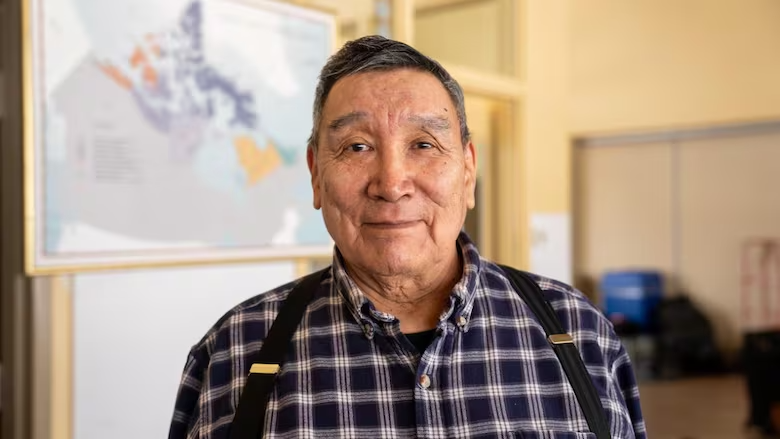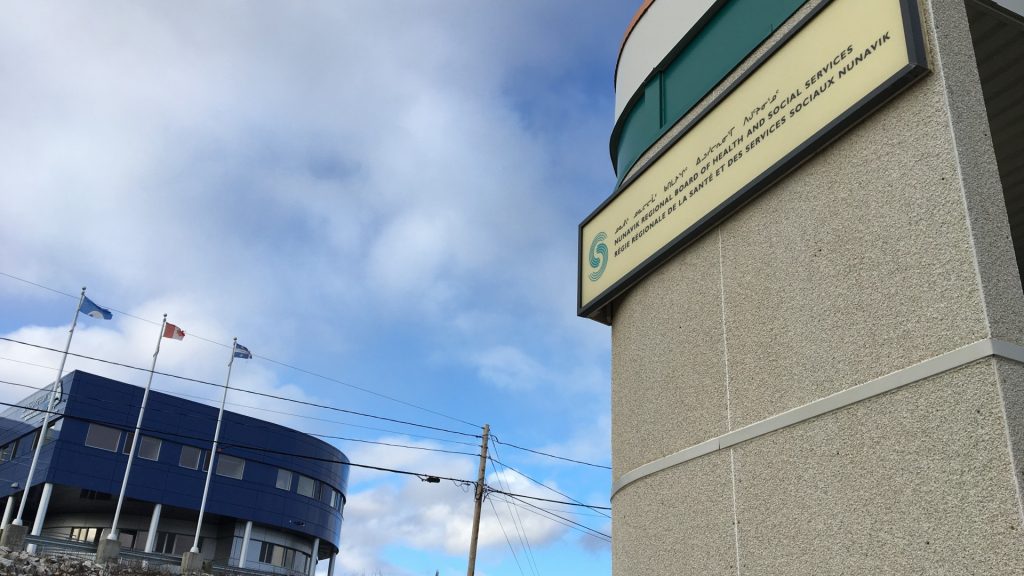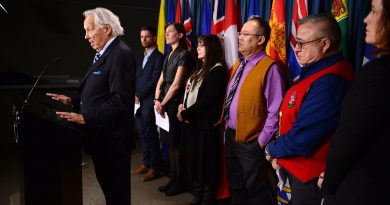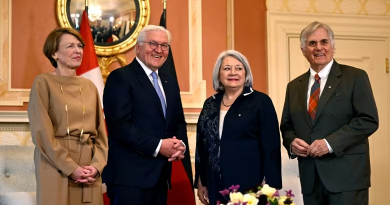Nunavik’s 14 mayors call for public health emergency over tuberculosis cases

Region of northern Quebec facing the highest case count in recent history
The mayors of 14 Inuit communities in northern Quebec are demanding the provincial government declare a public health emergency as tuberculosis cases in Nunavik reach the highest reported level in recent history.
In a letter Monday to Quebec Health Minister Christian Dubé, the mayors wrote that two issues precipitated the demand: an “unprecedented surge” in tuberculosis cases, and what they say is a plan by the province to cut back on infectious disease resources for Nunavik. CBC News wasn’t immediately able to verify the cuts in question.
Last year, the region’s health board reported 95 cases of tuberculosis. To date in 2025, the mayors wrote, 40 cases have been reported.
“These statistics are a direct reflection of colonial systemic racism that continues to dictate health policy and resource allocation in Quebec,” the mayors wrote. “Inuit in Nunavik are not treated as equal citizens under Quebec’s health system.”
Tuberculosis is a curable disease that most often affects the lungs. In March, the Nunavik Regional Board of Health and Social Services said in a news release that six out of the 14 communities were experiencing active outbreaks. Aside from being the highest case count, it was also the highest number of simultaneous outbreaks they had recorded.
The situation is “out of control,” said Adamie Kalingo, the mayor of Ivujivik, a Nunavik village with about 400 residents.
“Now we have a very high rate of tuberculosis cases, which we think could have been avoided if the health system could have worked with us more rapidly,” Kalingo said.

The mayors listed nine calls to action for the Quebec government, including sending emergency medical resources to the region. They are also calling for urgent investment in water, housing and utility infrastructure, as tuberculosis can spread more easily among overcrowded households.
“It’s difficult to gauge who has it or who hasn’t. It’s a very difficult situation, and it is all that much more dangerous for children, for elders that get a lot of [visits] from friends and relatives,” Kalingo said.
“So there is the matter of spreading it freely among friends and relatives. It’s very hard to try to stop it.”
The mayors collectively described the state of Nunavik’s health services as “abhorrent,” alleging there aren’t enough qualified staff, there are high levels of burnout and turnover, and basic health resources for tuberculosis, like testing kits and lab services, aren’t readily available — if they’re available at all.
“Medical resources currently in place are insufficient to maintain regular large-scale screening needed to slow the spread,” the mayors wrote. They pointed to the quick response of the health-care system when dealing with recent outbreaks in Montreal as an example of what Nunavik needs.
“Inuit from Nunavik have died of TB in very recent years, and according to physicians working in the region, we will see more severe cases and more deaths unless the crisis is addressed with the resources needed,” they wrote.
CBC News has reached out to Dubé and the Quebec health department, as well as the Nunavik health board for comment.
Related stories from around the North:
Canada: N.W.T. declares tuberculosis outbreak in Yellowknife after 2 cases identified, CBC News
United States: Senators, including Alaska’s, sound alarm on cuts impacting Indigenous health care agency, Eye on the Arctic



